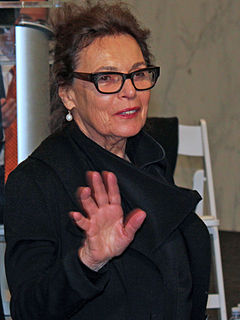A Quote by John Berger
[O]ften art has judged the judges, pleaded revenge to the innocent and shown to the future what the past suffered, so that it has never been forgotten. . . .
Related Quotes
I can't tell you what art does and how it does it, but I know that often art has judged the judges, pleaded revenge to the innocent and shown to the future what the past suffered, so that it has never been forgotten. Art, when it functions like this, becomes a meeting-place of the invisible, the irreducible, the enduring, guts, and honor.
A race that is solely dependent upon another for economic existence sooner or later dies. As we have in the past been living upon the mercies shown by others, and by the chances obtainable, and have suffered there from, so we will in the future suffer if an effort is not made now to adjust our own affairs.
Jonathan Meese is not interested in the history of reality. Everything radical and precisely graphic is sustainable. Human ideologies like religions and politics are based on the past and therefore irrelevant to art. Art always transforms radicalism of the past into the future. Art is always the total time machine. Jonathan Meese is interested in the history of the future. Art is never nostalgic.
The Musharraf government has declared martial law to settle scores with lawyers and judges. Hundreds of innocent Pakistanis have been rounded up. Human rights activists, including women and senior citizens, have been beaten by police. Judges have been arrested and lawyers battered in their offices and the streets.
Museums have traditionally been places that protect the art object. But in the last 40 years, a new type of museum has emerged - the Kunsthalle or alternative space which only presents temporary, contemporary shows. Yet art is not just about the future - it is about the future and the present, but it also can't forget the past.





































